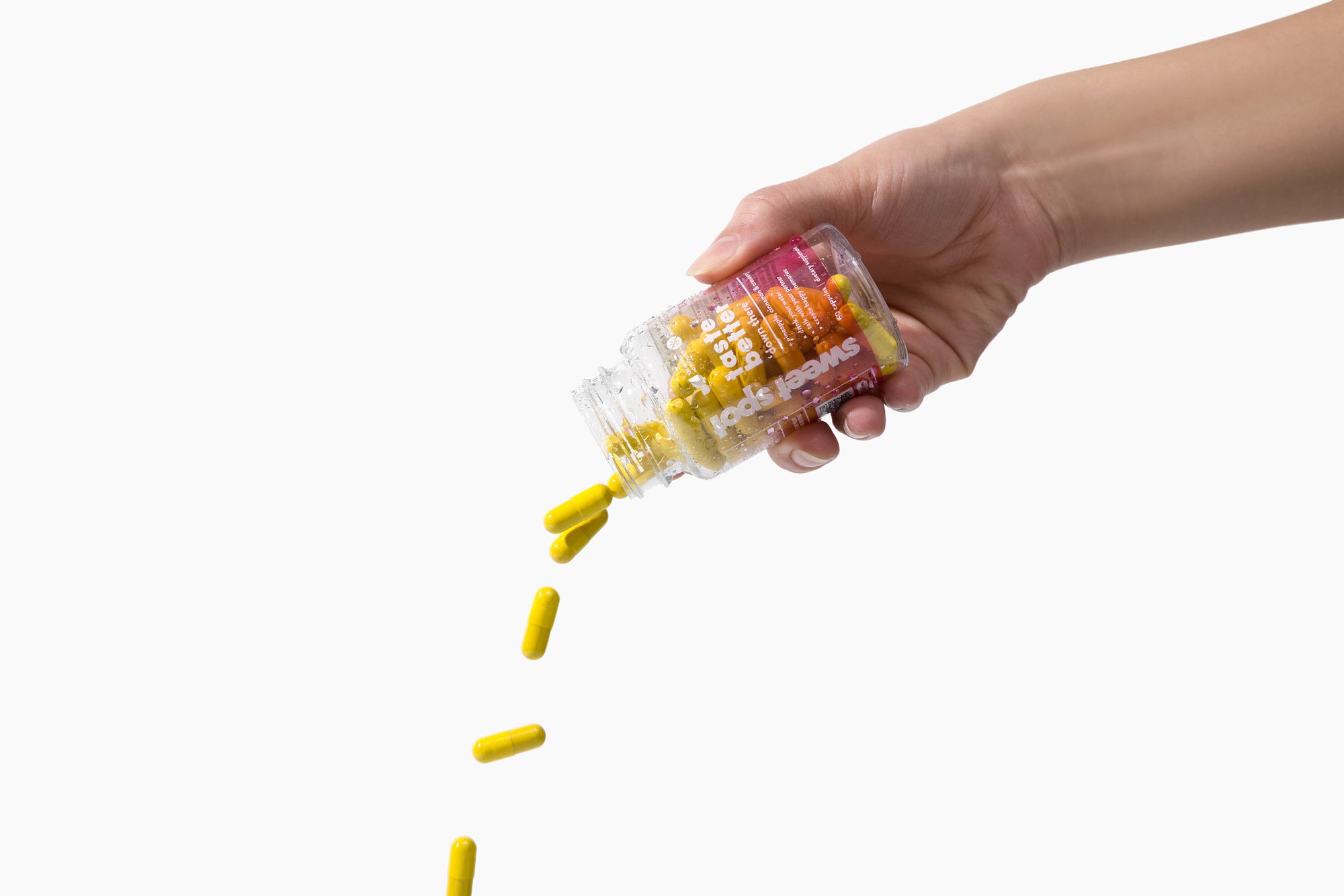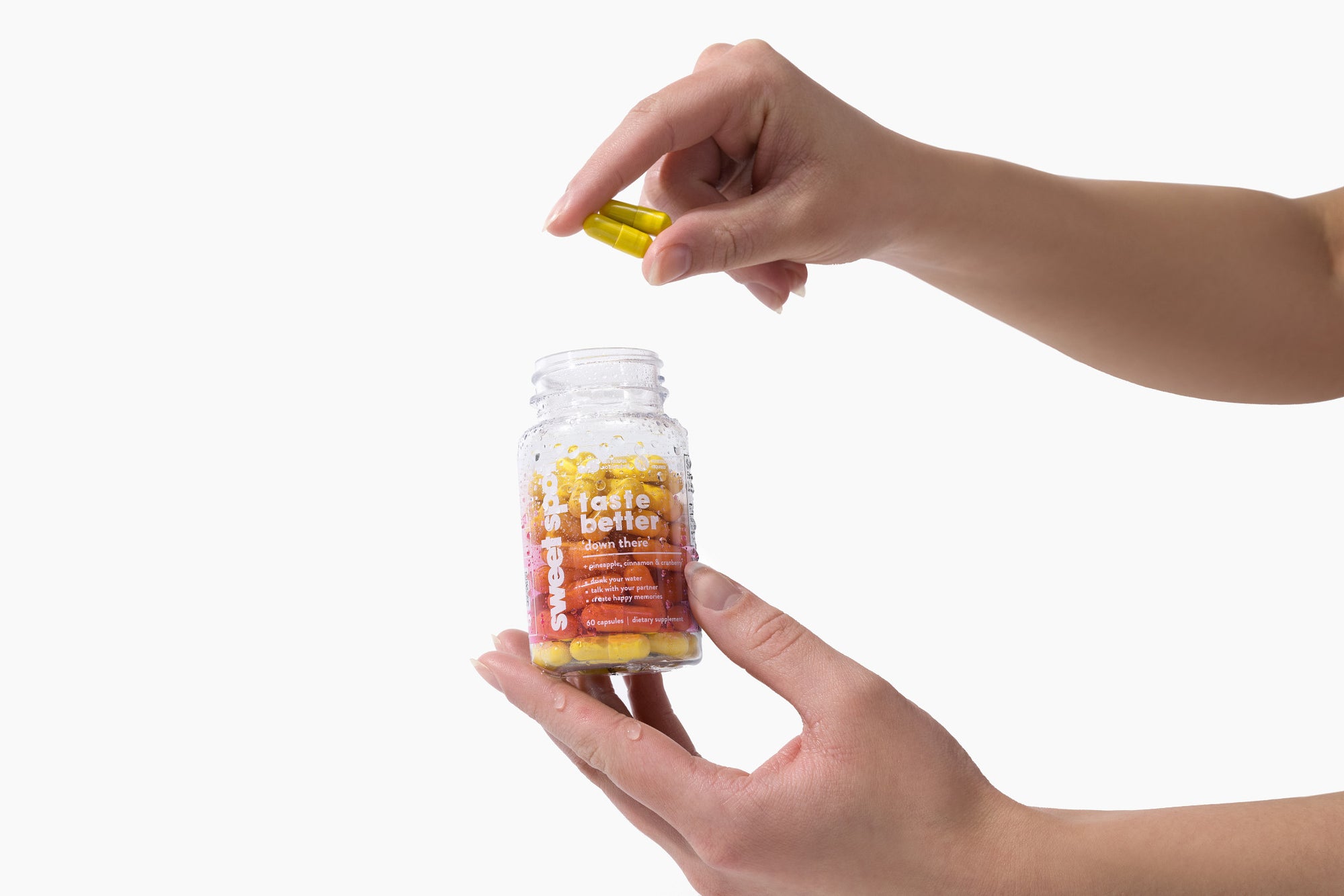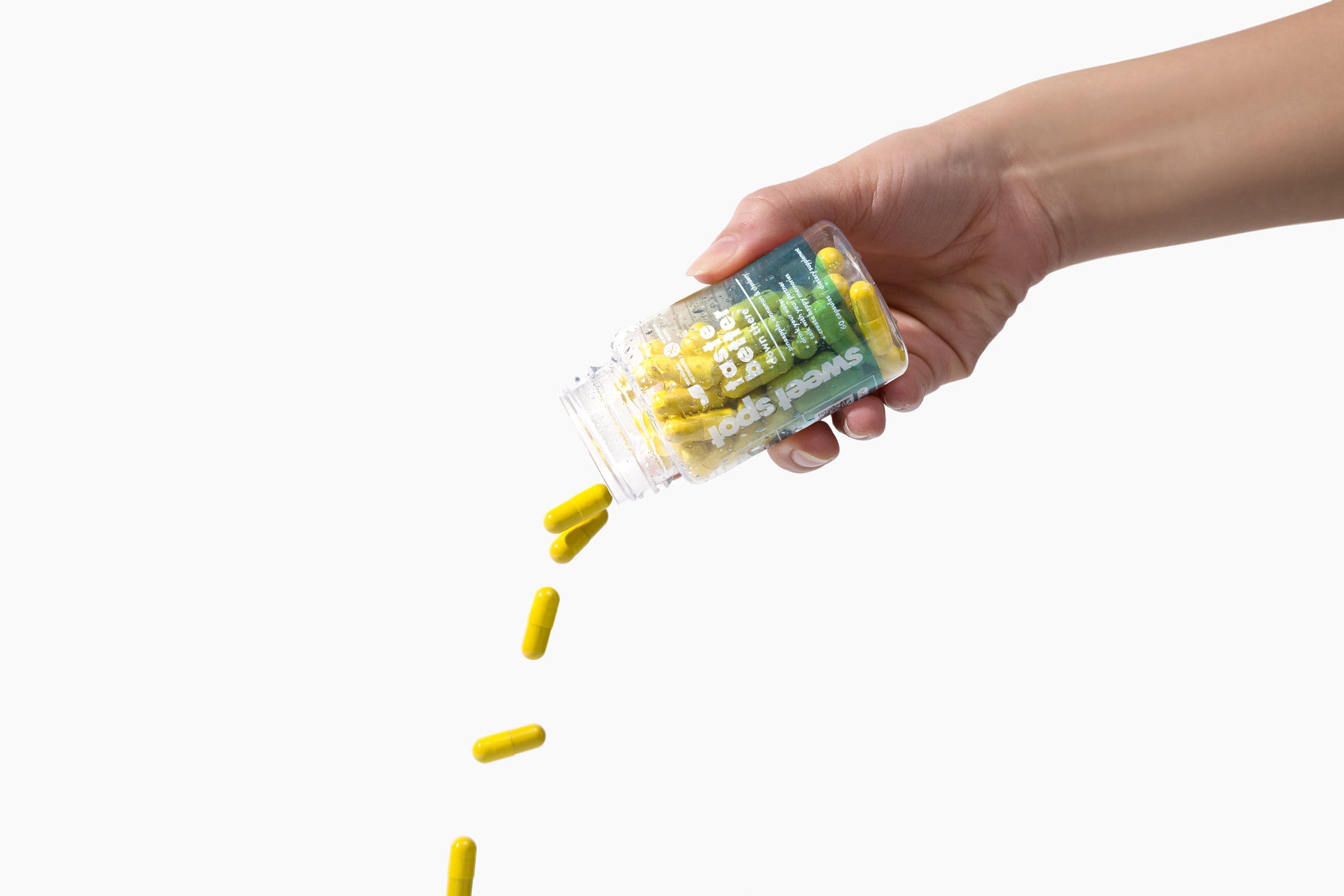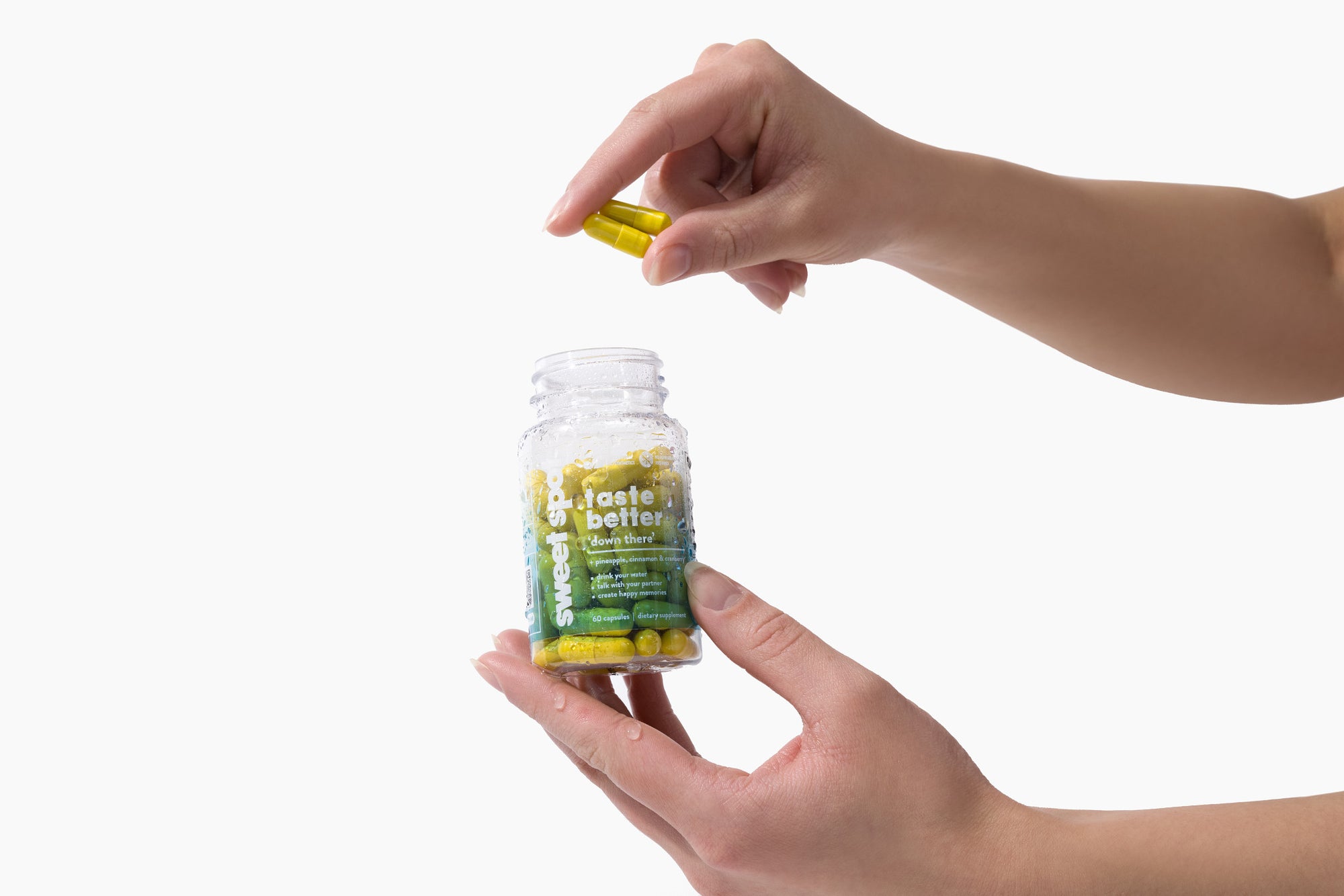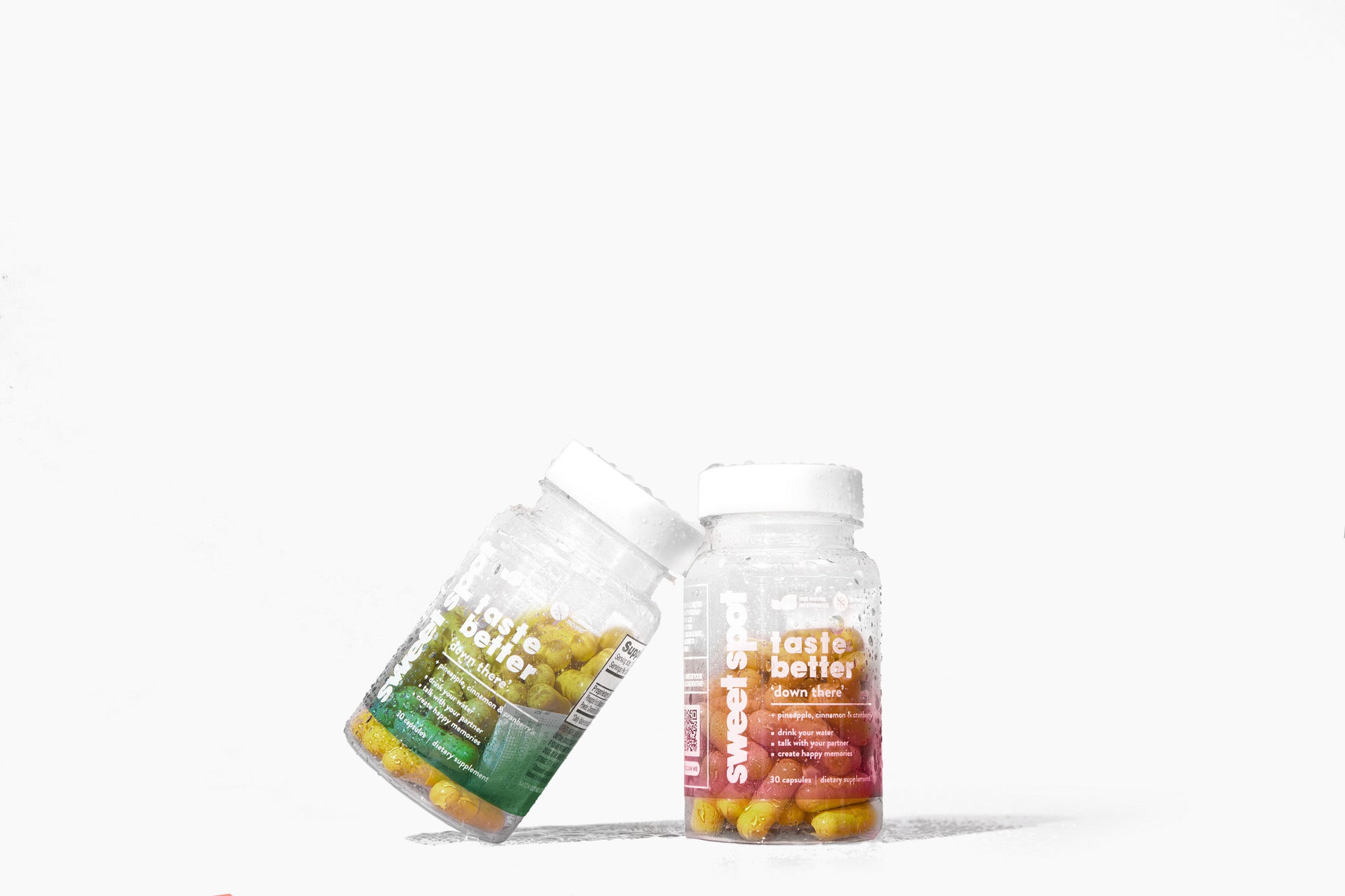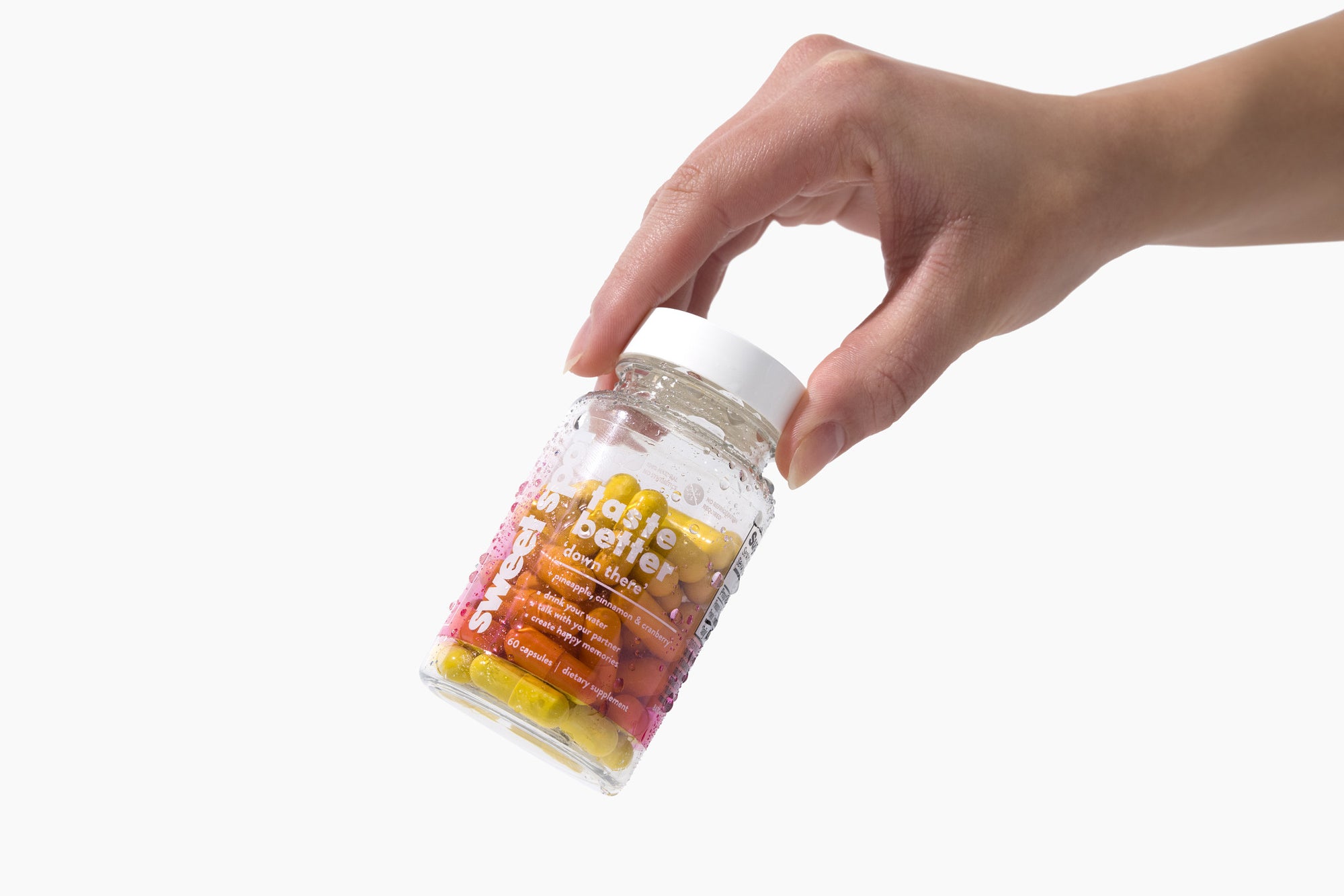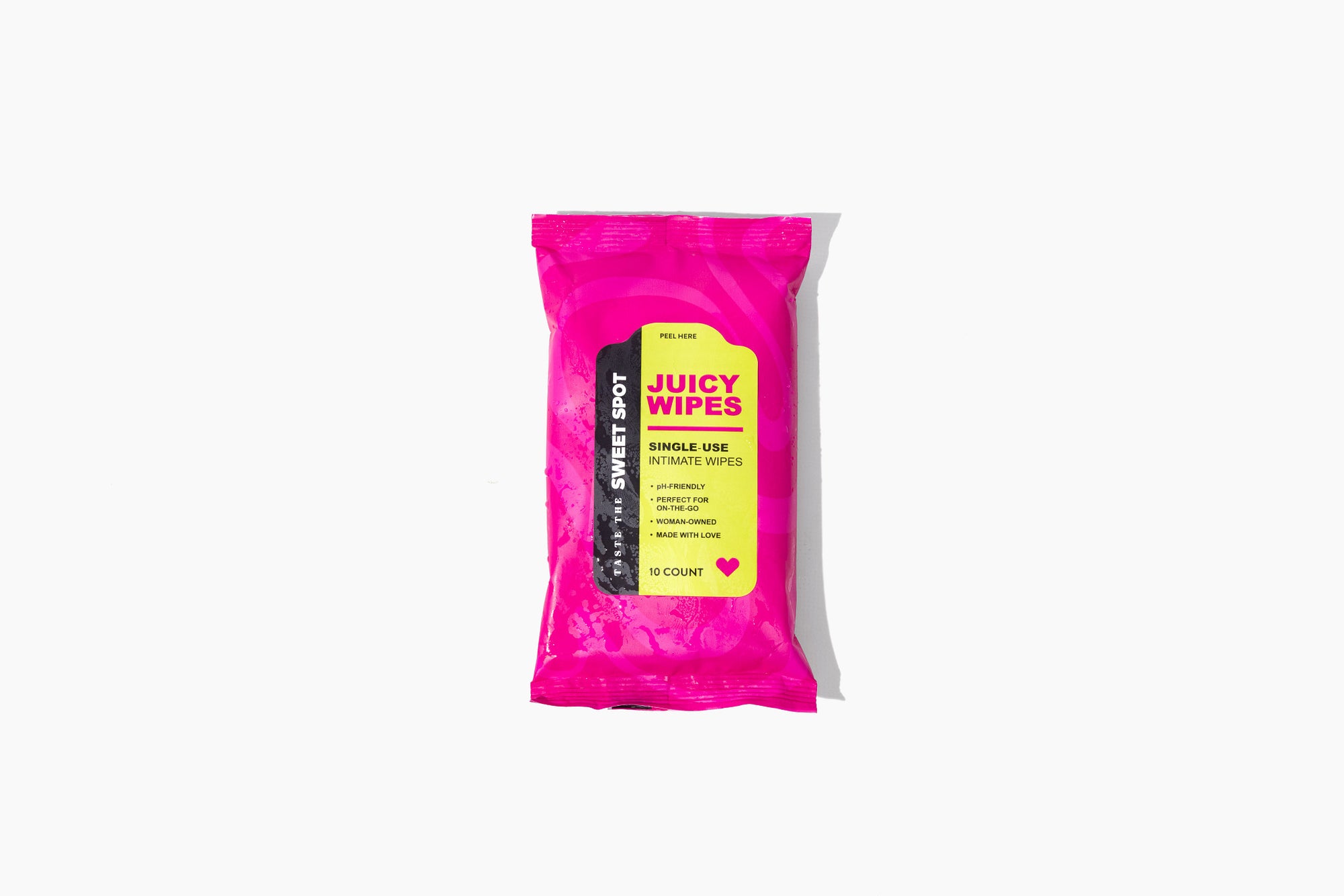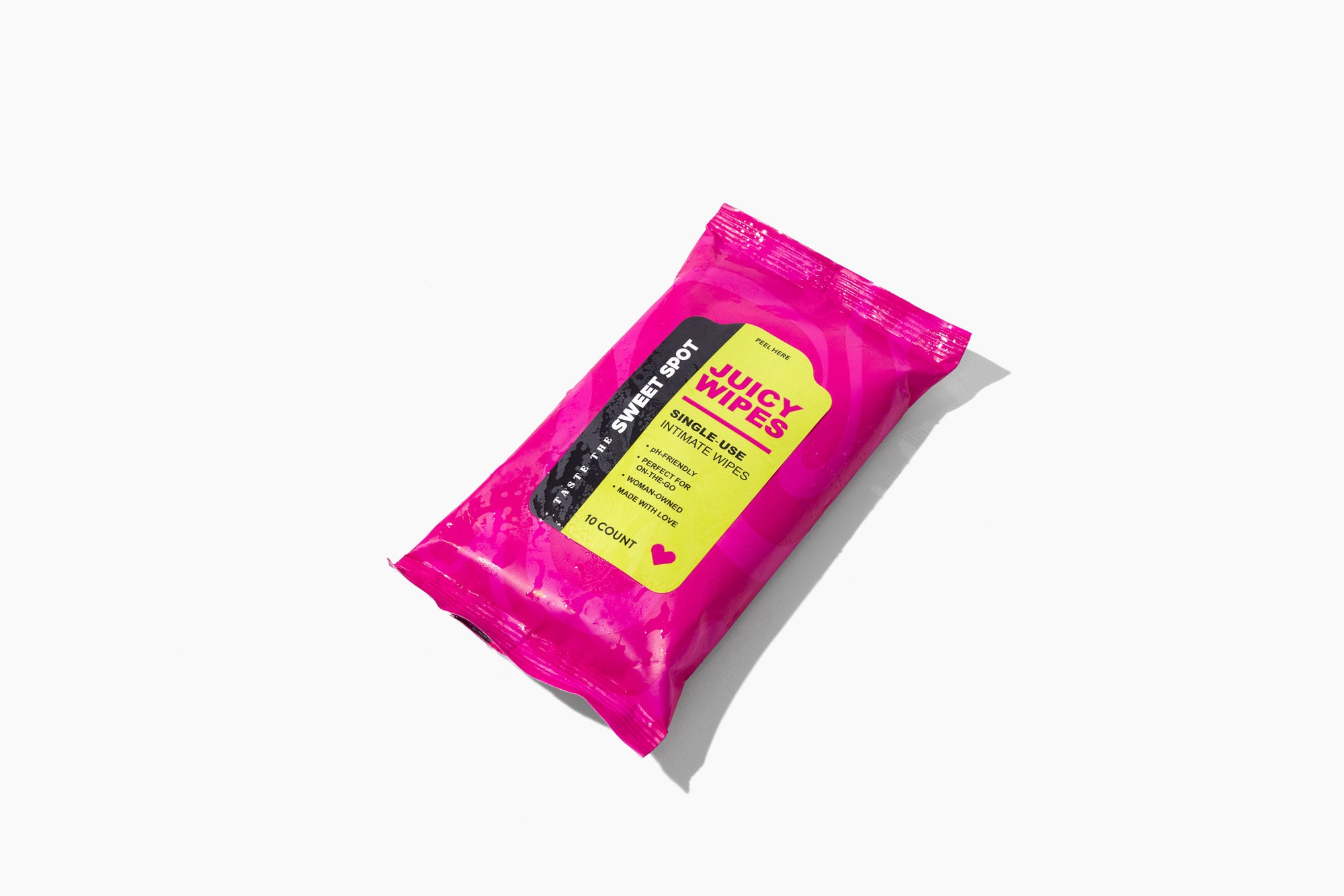

The Impact of Alcohol and Caffeine on Body Taste
We’re often mindful of how alcohol and caffeine affect our energy, mood, and overall health. But there’s another dimension that often goes unmentioned: how these substances can influence the natural taste and scent of our bodies. For those who are curious about the subtleties of body chemistry, understanding how our choices impact this aspect of personal well-being can be enlightening.
Body taste, or how we smell and taste to others (and even ourselves), is influenced by a mix of genetics, lifestyle, and diet. Factors like alcohol and caffeine intake can noticeably affect body odor, breath, and even the natural flavors that others may notice. While individual responses to these substances vary, both alcohol and caffeine have unique effects on our body’s chemistry that can impact our scent and taste in ways worth considering.
Alcohol’s Impact on Body Chemistry and Taste
Alcohol is a well-known dehydrator, and dehydration itself plays a significant role in altering body taste and smell. When you drink alcohol, your body works overtime to process and eliminate it, leading to a loss of fluids through increased urination. This dehydrating effect can cause changes in saliva production, leaving your mouth dryer, which affects both breath and body odor.
Alcohol is metabolized by the liver, breaking down into substances like acetaldehyde, a compound that can linger in the bloodstream and release through pores, contributing to a distinct body odor. If you’ve ever noticed a “boozy” scent that lingers after a night out, acetaldehyde is one of the main culprits. This compound, along with others that are not fully metabolized, exits the body through sweat and breath, potentially impacting how you smell and taste to others.
Certain types of alcohol, like beer and whiskey, have stronger compounds and might cause a more noticeable after-effect than lighter spirits like vodka, which tend to be filtered more extensively.
The types of mixers in alcoholic drinks can also contribute to body taste. Sugary mixers and heavy cocktails can increase yeast and sugar levels in the body, feeding bacteria that thrive in the mouth and on the skin. This imbalance can add a slightly sour note to body scent, as sugar metabolizes and impacts skin and mouth chemistry. For those looking to minimize these effects, opting for clear spirits with minimal mixers can help reduce the intensity of any aftertaste or odor.
How Alcohol Impacts Digestive Health and Body Smell
Regular alcohol consumption can also impact digestive health, another contributor to body taste and odor. Alcohol can irritate the stomach lining, which in turn may influence gut flora — the balance of bacteria in the digestive system. An imbalance in gut flora can lead to bloating, changes in digestion, and even shifts in body odor, as certain bacteria release sulfur-containing compounds that can seep through pores.
Heavy or frequent drinking can disrupt the balance of good bacteria in the gut, contributing to foul-smelling breath and body odor. And because alcohol is processed by the liver, an overworked liver can affect metabolism, influencing how the body smells and even tastes to others. For those who enjoy alcohol but want to maintain a more neutral body chemistry, limiting intake and staying hydrated can help offset some of the effects that alcohol has on natural scent.
Caffeine’s Role in Body Taste and Odor
Caffeine, like alcohol, is also a diuretic, meaning it dehydrates the body by increasing urine production. When dehydrated, the mouth produces less saliva, which is a natural cleanser for the mouth, helping to wash away bacteria that contribute to odor and taste. The result? Drinking a lot of caffeinated beverages can leave the mouth feeling dry and stale, which impacts both breath and overall taste.
Coffee, one of the most popular caffeinated drinks, contains compounds that tend to stick around in the mouth long after you’ve finished drinking it. These compounds can cause lingering odors and even alter saliva’s natural pH, making the mouth more acidic. This shift can encourage the growth of bacteria responsible for bad breath, leading to a distinct “coffee breath” that’s hard to ignore. Tea and sodas also contain caffeine, but coffee’s oils and complex compounds often make its effects more noticeable in terms of both breath and body taste.
Another factor to consider with caffeine is how it affects stress hormones. Caffeine stimulates the production of adrenaline, which can lead to increased sweating for some people. Although the scent of sweat is typically mild, caffeine-induced sweat can contain different compounds, particularly if combined with high levels of stress, which can add a slight bitterness to body odor. If you’re sensitive to caffeine and find that it heightens anxiety or stress, reducing intake might help create a more neutral body chemistry.
Impact on Body Chemistry Over Time
For those who consume alcohol and caffeine regularly, the effects can be more cumulative. The liver, kidneys, and digestive system work harder to process and eliminate these substances, and over time, their impact on body taste and smell can become more noticeable. This can be especially true if regular caffeine and alcohol intake lead to chronic dehydration or digestive imbalances, which may further intensify changes in body odor and taste.
As a result, balancing intake with ample hydration and a nutritious diet can help counteract the lingering effects of these substances. Drinking plenty of water, eating fresh fruits and vegetables, and focusing on balanced meals support the body’s natural detox processes, helping to keep the system clean and reducing any noticeable changes in body chemistry.
The Role of Diet and Hydration in Balancing Body Taste
While alcohol and caffeine can impact body taste, the good news is that dietary choices can help balance these effects. Foods high in antioxidants, like leafy greens, citrus fruits, and berries, help combat toxins and promote hydration. Herbs like parsley, mint, and cilantro are known for their ability to freshen breath and reduce body odor. Staying hydrated is equally crucial, as water not only helps flush out excess compounds from caffeine and alcohol but also supports healthy saliva production, which can help maintain a neutral taste.
Incorporating probiotic-rich foods like yogurt, kefir, and fermented vegetables can also support a healthy gut flora balance, countering some of the negative effects that alcohol might have on digestion. By eating a varied, balanced diet and drinking plenty of water, you can help your body naturally regulate its own chemistry, keeping your natural taste and scent in check.
Moderation as a Path to a Balanced Body Chemistry
The effects of alcohol and caffeine on body taste and odor are highly individual and influenced by factors like genetics, diet, and lifestyle. For those who enjoy these substances but are mindful of their impact, moderation is key. Limiting caffeine to the morning and balancing each alcoholic drink with a glass of water can help mitigate some of the effects that these substances have on body chemistry.
Creating an awareness of how your body responds to alcohol and caffeine — and finding a balance that feels right for you — is a helpful way to manage body taste and scent. The goal isn’t to eliminate these enjoyable drinks altogether but to make mindful choices that allow you to enjoy them without compromising how you feel and present yourself to others.
Whether you’re savoring your morning coffee or enjoying a glass of wine with friends, understanding the impact of alcohol and caffeine on your body’s natural taste empowers you to make choices that align with your personal well-being. With a few mindful adjustments, you can enjoy these daily rituals while keeping your body chemistry balanced, fresh, and, well, uniquely you.



